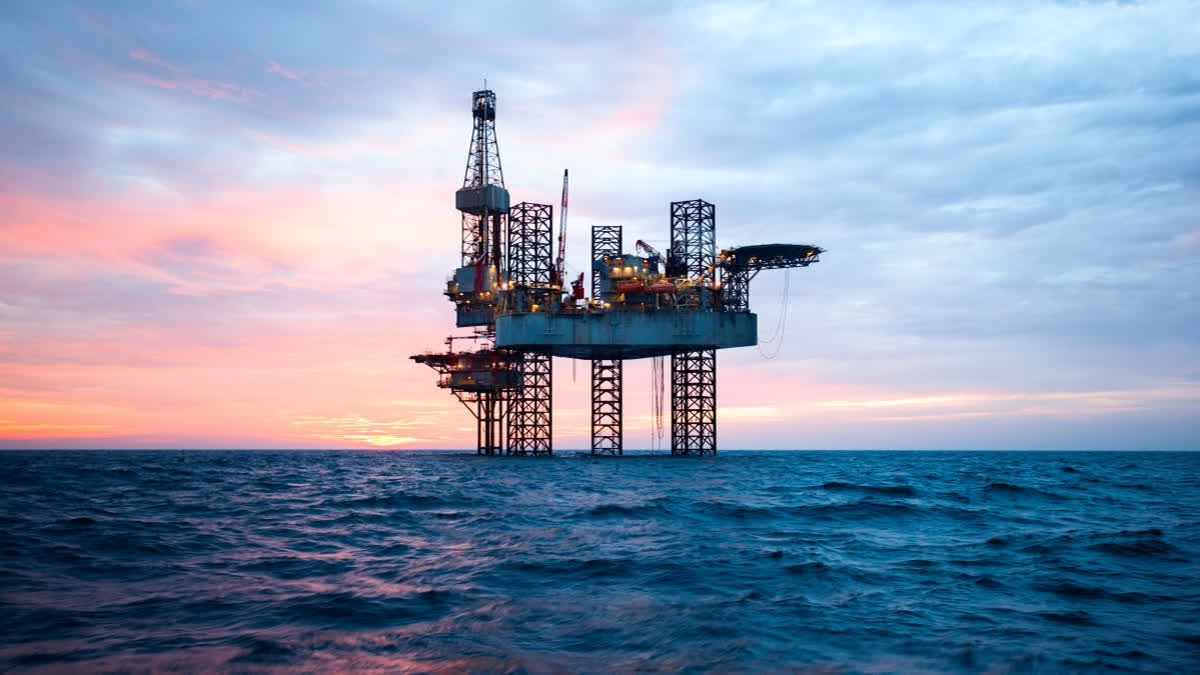New Delhi: A key takeaway from Prime Minister Narendra Modi’s visit to Kuwait this weekend is an agreement for that Gulf nation to participate in India's strategic oil reserves programme. According to a joint statement issued following Modi’s visit, both sides agreed to discuss participation by Kuwait in India's Strategic Petroleum Reserve Limited (ISPRL) programme.
“Both sides discussed ways to enhance their bilateral partnership in the energy sector,” the joint statement reads. “While expressing satisfaction at the bilateral energy trade, they agreed that potential exists to further enhance it. They discussed avenues to transform the cooperation from a buyer-seller relationship to a comprehensive partnership with greater collaboration in upstream and downstream sectors.”
According to the statement, India and Kuwait expressed keenness to support companies of the two countries to increase cooperation in the fields of exploration and production of oil and gas, refining, engineering services, petrochemical industries, and new and renewable energy. “Both sides also agreed to discuss participation by Kuwait in India’s Strategic Petroleum Reserve Programme,” the statement reads.
According to Muddassir Quamar, Associate Professor at the Centre of West Asian Studies in the School of International Studies, Jawaharlal Nehru University, this is a significant development. “If you look at Kuwait, it has been looking to enhance energy cooperation with India,” Quamar told ETV Bharat. “India and Kuwait have been working on strengthening the energy partnership for a long time. The Kuwaiti decision to participate in the ISPR programme will help in realizing this.”
Kuwait remains a reliable supplier of crude oil and liquid petroleum gas (LPG) for India. During the financial year 2023-24, Kuwait was the sixth largest crude supplier meeting about 3 percent of Indiaʼs total energy needs.
In a world where energy security has become synonymous with national security, Kuwait’s expected participation to contribute to India’s strategic oil reserves represents a pivotal moment in the evolving energy dynamics between the two nations. This move not only strengthens their bilateral relations but also underscores the growing importance of strategic oil reserves in safeguarding economic stability in an increasingly volatile global energy market.
The ISPRL is an Indian company responsible for maintaining the country’s strategic petroleum reserves. It is a wholly owned subsidiary of the Oil Industry Development Board (OIDB), which functions under the administrative control of the Ministry of Petroleum and Natural Gas.
The ISPRL maintains an emergency fuel store of a total of 5.33 MMT (million metric tons) or 36.92 million barrels (5.870 million cubic metres) of strategic crude oil, enough to provide 9.5 days of consumption. These strategic storages are in addition to the existing storages of crude oil and petroleum products with the oil companies and serve in response to external supply disruptions.
Indian refiners maintain 64.5 days of crude storage, so India has an overall reserve oil storage of 74 days. The ISPRL has developed strategic crude oil reserves in underground rock caverns at three locations in India: Visakhapatnam, Mangalore, and Padur (near Udupi in Karnataka). These locations were chosen strategically based on their proximity to refineries, ports, and transportation infrastructure.


